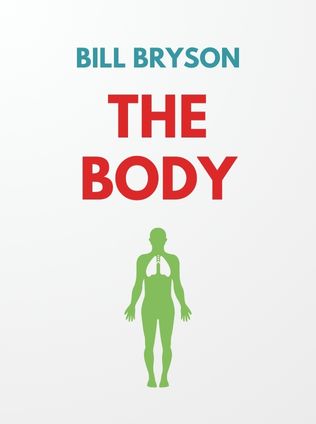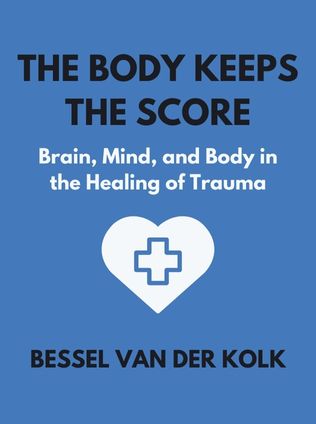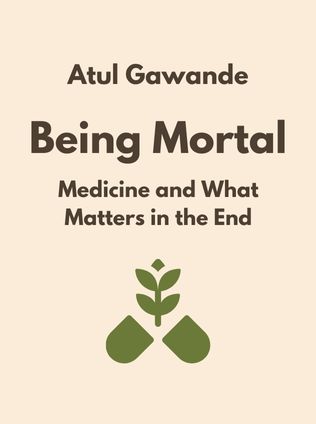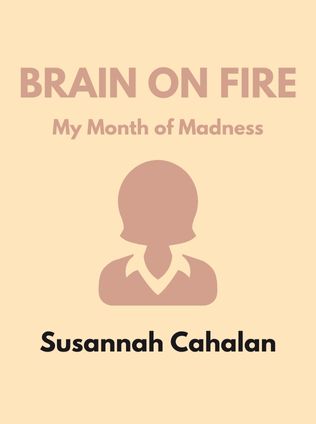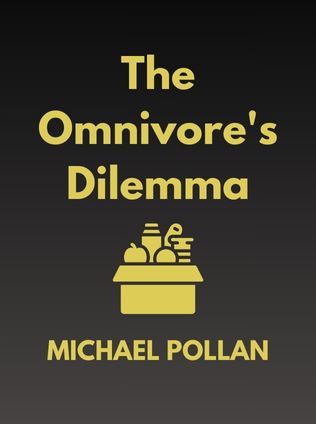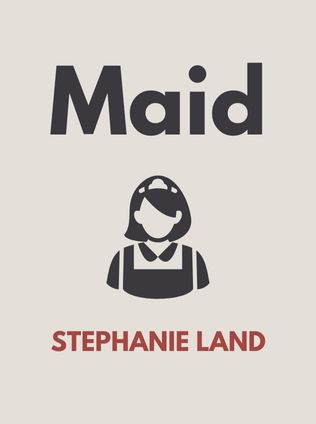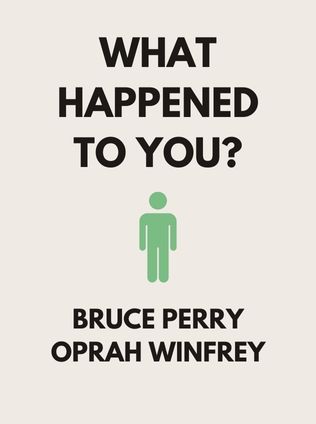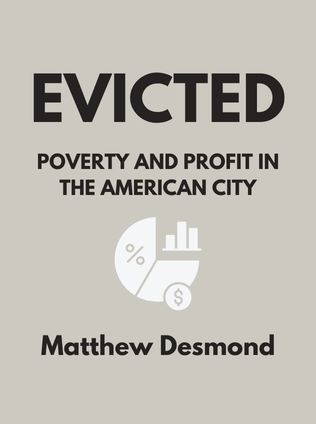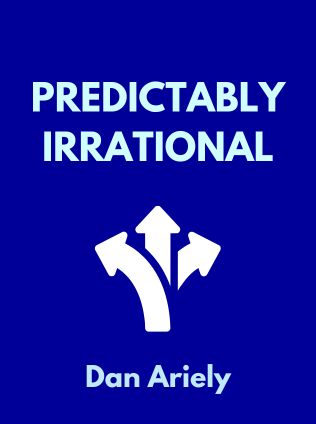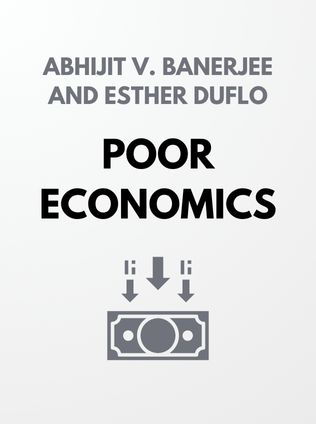
Poor Economics
A Radical Rethinking of the Way to Fight Global Poverty
By Abhijit V. Banerjee and Esther Duflo
Published 04/2011
About the Author
Esther Duflo and Abhijit Banerjee, both celebrated economists and professors at the Massachusetts Institute of Technology (MIT), have revolutionized the field of development economics with their deep dive into the intricacies of poverty. Their contributions have not only been academic but also immensely practical, leading to the establishment of the Abdul Latif Jameel Poverty Action Lab (J-PAL). This lab, under their guidance, has been instrumental in pioneering research methodologies that closely examine the lives of the poor, going beyond theoretical debates to find actionable insights. Their dedication to understanding and addressing global poverty earned them the Nobel Prize in Economic Sciences in 2019, a testament to their impactful work.
Main Idea
At the heart of "Poor Economics" lies a simple yet profound idea: to truly understand poverty and to effectively combat it, one must look closely at the day-to-day decisions of the poor. Instead of focusing on broad, often abstract questions, Duflo and Banerjee argue that meaningful insights emerge from asking smaller, more targeted questions. By doing so, they reveal the complex reality that poverty is not merely a lack of income but a state shaped by a myriad of factors, including limited access to information, inadequate healthcare, poor educational opportunities, and the absence of financial tools. Their work emphasizes that effective policy interventions must be grounded in a deep understanding of these daily realities, rather than being based on broad assumptions or one-size-fits-all solutions.
Table of Contents
- Understanding the Private Lives of the Poor
- Why Are They Malnourished?
- Why Don’t the Poor Take Advantage of Effective Healthcare Resources?
- Why Aren’t Schools Alleviating Poverty as Well as They Could?
- How Do Poor Parents Plan Their Family Size?
- The Role of Markets and Institutions
- Why Do Financial Services Not Help the Poor?
- Why Do They Run Businesses?
- Four Key Lessons for Improving the Lives of the Poor
- The Poor Need More Information
- The Poor Need Easier Choices
- The Poor Need Better Financial Services
- The Poor Need Improved Expectations
- Conclusion
Understanding the Private Lives of the Poor
Why Are They Malnourished?
Malnutrition among the poor is a complex issue that is often misunderstood by policymakers and development agencies. The common assumption is that the poor are malnourished because they lack sufficient food, or more precisely, enough calories. However, Duflo and Banerjee argue that this is a simplistic view. The real issue lies not in the quantity of food but in its quality. The poor frequently consume food that is low in essential micronutrients, leading to what is known as "hidden hunger"—a state where calorie intake might be adequate, but nutritional needs are unmet.
The reasons for this are manifold. Firstly, there is a significant lack of education about nutrition among the poor. Unlike in wealthier societies where nutritional information is widely available and often ingrained in public consciousness, the poor may not fully understand the importance of micronutrients. This lack of knowledge leads them to prioritize quantity over quality, opting for foods that are filling but nutritionally deficient.
Moreover, the poor, like anyone else, have taste preferences that often skew towards foods that are less nutritious. For instance, they may choose white rice or refined grains over more nutritious whole grains because these foods are perceived as tastier. Additionally, the harsh realities of poverty mean that the poor often prioritize immediate satisfaction and comfort over long-term health benefits, leading them to spend on non-food items like entertainment or alcohol rather than on more expensive but healthier food options.
For example:
- The poor might prefer to buy inexpensive, calorie-dense foods such as white bread or instant noodles, which are filling but lack vital nutrients.
- They may forego purchasing vegetables or fruits in favor of cheaper, less nutritious staples, due to both cost considerations and a lack of understanding of the importance of a balanced diet.
- Entertainment expenses, such as saving for a TV, may take precedence over investing in better nutrition, as a way to escape the monotony and hardship of daily life.
"The poor don’t need more food—they need more nutritious food." - Esther Duflo
This insight calls for a reevaluation of food aid programs, which often focus on providing large quantities of staple foods rather than ensuring that the poor have access to a diverse and balanced diet. Policies should aim to educate the poor about nutrition, make nutritious foods more accessible and affordable, and address the psychological and cultural factors that influence food choices.
Why Don’t the Poor Take Advantage of Effective Healthcare Resources?
The paradox of the poor not utilizing available healthcare resources, even when these are affordable or free, is another key issue explored in "Poor Economics." Duflo and Banerjee identify several factors that contribute to this phenomenon, each of which underscores the complex interplay between economic, social, and psychological elements in decision-making.
One of the primary reasons is the poor quality of public healthcare services. Government-run clinics, which are often the most accessible option for the poor, are plagued by absenteeism among healthcare providers, long waiting times, and a general lack of resources. This leads to a pervasive mistrust of these services, prompting the poor to seek care from unregulated, often untrained private providers who may offer quicker service but at the cost of quality and safety.
Health literacy is another significant barrier. Many poor individuals lack even basic education, which severely limits their understanding of health-related issues. This lack of knowledge leads them to make poor healthcare choices, such as opting for unnecessary or harmful treatments simply because they appear more potent. For example, the poor may prefer receiving injections over taking oral medication, mistakenly believing that injections are more effective.
The sensitivity to cost, even when it is minimal, further exacerbates the problem. The poor often perceive any expenditure on preventive measures as unnecessary, particularly when they are already struggling to meet their basic needs. This short-term thinking is reinforced by the stress of living in poverty, which diminishes the capacity to plan for the future.
For example:
Sign up for FREE and get access to 1,400+ books summaries.
You May Also Like
Rich Dad Poor Dad
What the Rich Teach Their Kids About Money - That the Poor and Middle Class Do Not!
By Robert T. KiyosakiFreakonomics
A Rogue Economist Explores the Hidden Side of Everything
By Steven D. Levitt and Stephen J. DubnerThe Body Keeps the Score
Brain, Mind, and Body in the Healing of Trauma
By Bessel van der KolkFactfulness
Ten Reasons We're Wrong About the World – and Why Things Are Better Than You Think
By Hans Rosling







